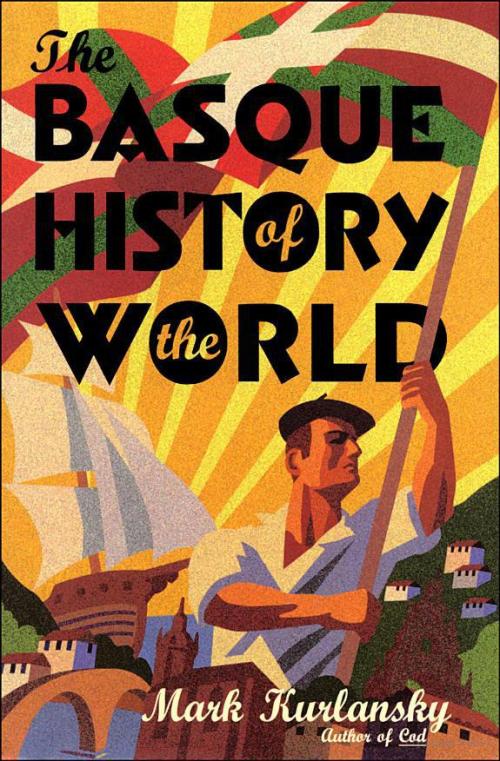
1808: Flight of the Emperor Image by Laurentino Gomes on Wikipedia’s Creative Commons
I’m a sucker for a well-researched history book, especially one where it feels and “sounds” like the author is sharing all of his own passion and excitement for the topic with me. This is exactly how Laurentino Gomes’ 1808: Flight of the Emperor comes across and flies with his subject matter.
This was an incredibly interesting book to read – not only as a reflection of colonial Brazil (some of which is still so recognizable there today), but also as a reflection of European aristocracy and how very short the Portuguese model fell compared to the Golden Age of Europe’s French, Spanish and German royals, just to name a few. Of course in the early 19th century you couldn’t do everything right by our standards today, but some of their outrageous ways made me cringe and laugh just as much as I imagine the author did on finding these nuggets of not-so-appropriate-for-the-dinner-table information. For example, Gomes tells of how Portugal’s sewage system was so far inferior to the rest of European civilization, they actually still emptied their “night soil” and chamber pots from their windows (yes) directly into the street. Jeez. Another one that has stuck by me is how the Emperor (Dom) Joao not only refused to bathe, his tailors had to wait for him to go to sleep in order to repair the clothes he would likewise refuse to take off. Laurentino Gomes mentioned that there are a myriad more such stories that he didn’t have space to fit into this book… I don’t even dare to imagine.
Besides the Portuguese-Brazilian royal family, Gomes had a lot to say about the politics between England and France at the time, the state of labour and slavery in colonial Brazil as well as some trickle through effects that have shaped contemporary Brazilian culture and politics. Wow, all that in a non-fiction, conversational super-book. I loved every second of it.
Apparently others agreed – the book won 3 awards; one from the Academia das Letras and two Prêmio Jabuti awards.




